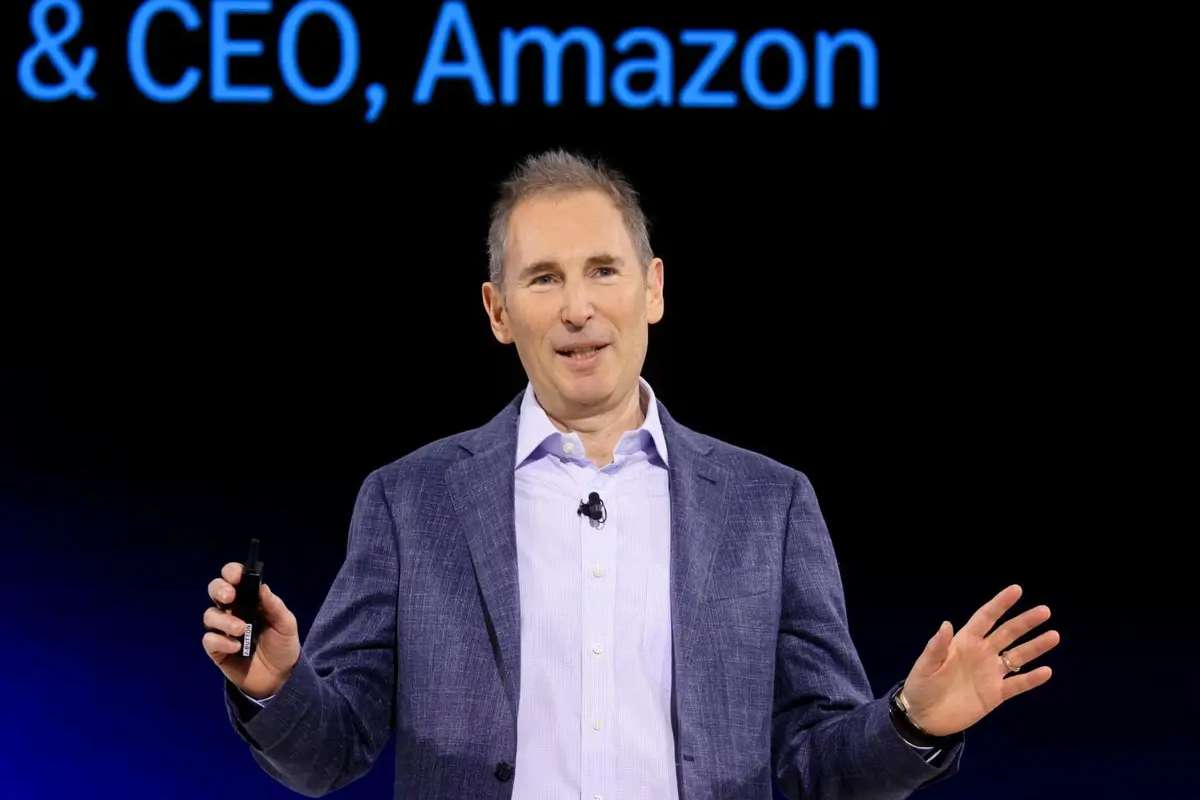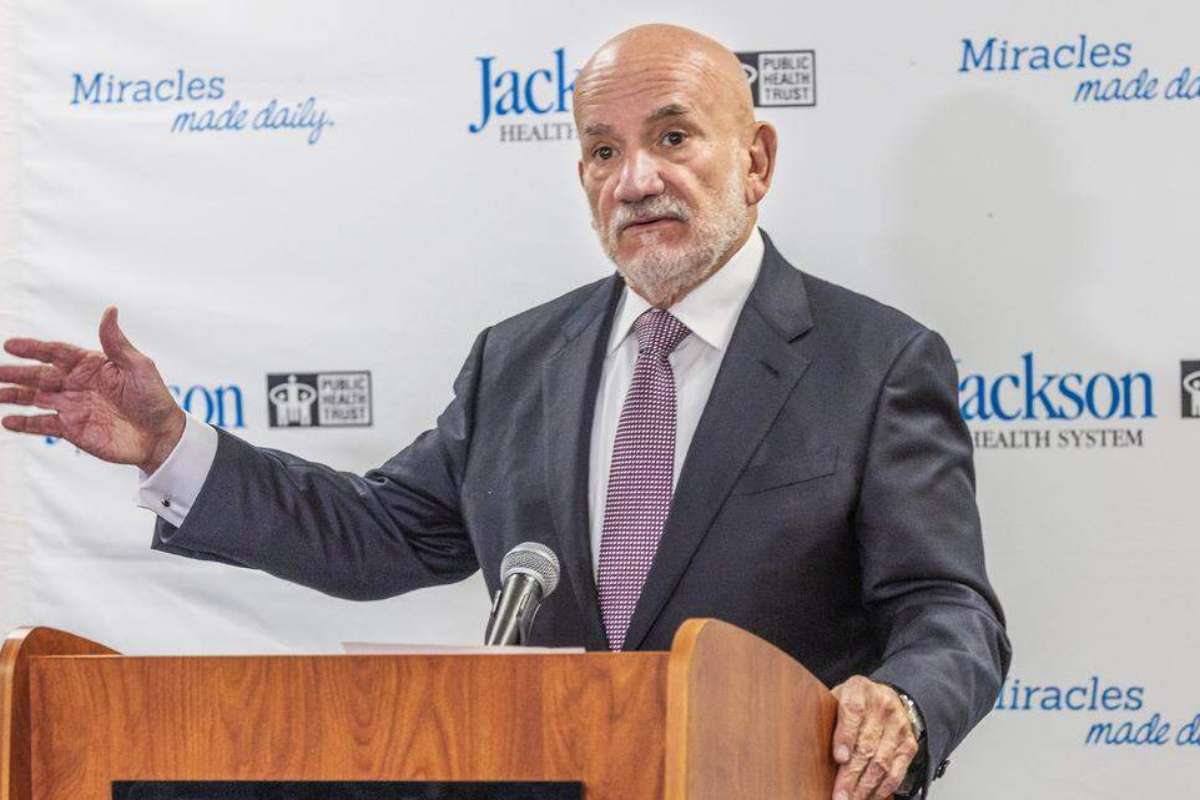In today’s fast-paced and ever-evolving healthcare landscape, effective leadership in healthcare organizations is crucial for ensuring high-quality patient care, operational efficiency, and staff satisfaction. The complexity of healthcare systems, combined with the diverse needs of patients and healthcare professionals, makes strong leadership essential. This article explores the key components of guidance in healthcare organizations, its challenges, and how to cultivate effective leaders in this vital sector.
The Importance of Leadership in Healthcare Organizations
Leadership in healthcare organizations encompasses a wide range of responsibilities, from setting strategic direction to fostering a culture of collaboration and innovation. Effective leaders inspire their teams, manage resources wisely, and create an environment where healthcare professionals can thrive. The quality of leadership directly impacts patient outcomes, employee morale, and overall organizational performance.
Key Traits of Effective Healthcare Leaders
Successful leaders in healthcare organizations exhibit a unique blend of skills and characteristics that enable them to navigate the complexities of the sector. These traits include:

- Vision and Strategic Thinking: Leaders must have a clear vision for their organizations and the ability to develop strategies that align with that vision. This includes anticipating changes in the healthcare landscape, such as regulatory shifts, technological advancements, and evolving patient needs.
- Emotional Intelligence: Emotional intelligence is essential for leaders to connect with their teams and understand the emotional needs of patients. Leaders who demonstrate empathy, self-awareness, and strong interpersonal skills foster trust and improve team dynamics.
- Adaptability: The healthcare environment is constantly changing. Leaders must be adaptable and open to new ideas and approaches. They should be willing to embrace change and encourage their teams to do the same.
- Communication Skills: Effective communication is vital for successful leadership in healthcare organizations. Leaders must be able to articulate their vision, provide clear instructions, and facilitate open dialogue among team members.
- Decisiveness: In high-pressure situations, healthcare leaders must be able to make timely decisions. They should be skilled in analyzing data, weighing options, and selecting the best course of action for their organizations and patients.
Challenges in Leadership in Healthcare Organizations
While effective leadership in healthcare organizations is essential, it comes with its own set of challenges. Some of the most common challenges faced by healthcare leaders include:

- Staff Shortages: The healthcare industry often faces shortages of qualified professionals, leading to increased workloads and burnout among existing staff. Leaders must find innovative ways to attract and retain talent while maintaining high standards of care.
- Regulatory Compliance: Healthcare organizations must navigate a complex web of regulations and standards. Leaders are responsible for ensuring that their organizations comply with these regulations while still delivering high-quality care.
- Technological Advancements: The rapid pace of technological change in healthcare can be overwhelming. Leaders must stay informed about new technologies and integrate them into their organizations to enhance patient care and operational efficiency.
- Patient-Centered Care: As the focus shifts toward patient-centered care, leaders must ensure that their organizations prioritize the needs and preferences of patients. This requires a cultural shift within healthcare organizations, which can be challenging to implement.
- Financial Constraints: Healthcare organizations often operate within tight budgets. Leaders must be adept at managing resources and finding ways to deliver quality care while controlling costs.
Cultivating Effective Leaders in Healthcare Organizations
To address the challenges faced by healthcare leaders and foster effective guidance in healthcare organizations, several strategies can be implemented:

- Leadership Development Programs: Organizations should invest in leadership development programs that equip current and future leaders with the skills they need to succeed. These programs can include mentorship, workshops, and formal education on topics such as strategic planning, financial management, and emotional intelligence.
- Encouraging Collaboration: Promoting a culture of collaboration among healthcare professionals can enhance leadership effectiveness. Leaders should encourage teamwork and facilitate opportunities for staff to share ideas and best practices.
- Fostering Innovation: Healthcare leaders should create an environment that encourages innovation and creativity. This can be achieved by supporting staff in pursuing new ideas and initiatives, providing resources for research and development, and recognizing and rewarding innovative contributions.
- Prioritizing Employee Well-Being: To combat burnout and turnover, leaders must prioritize the well-being of their staff. This can involve implementing wellness programs, providing opportunities for professional development, and fostering a supportive work environment.
- Embracing Diversity and Inclusion: Effective leadership in healthcare organizations requires a commitment to diversity and inclusion. Leaders should seek to create a diverse workforce that reflects the communities they serve, as this can enhance cultural competence and improve patient care.
Conclusion
Leadership in healthcare organizations is a multifaceted and challenging endeavor that requires a unique set of skills and qualities. By understanding the importance of effective leadership, recognizing the challenges that arise, and implementing strategies to cultivate strong leaders, healthcare organizations can navigate the complexities of the industry and drive meaningful change. Ultimately, investing in leadership is an investment in the future of healthcare, ensuring that organizations can deliver high-quality, patient-centered care in an ever-evolving landscape.
In summary, leadership in healthcare organizations is essential for fostering a culture of excellence, navigating challenges, and driving improvements in patient care. By prioritizing leadership development and creating supportive environments, healthcare organizations can ensure they are well-equipped to meet the demands of the future.


















